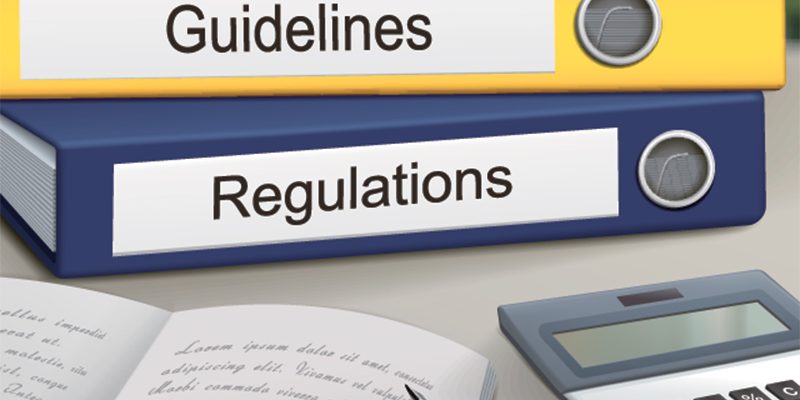What are the legal guidelines for debt collectors?
When you think of debt collection, you may envisage the classic cartoonish image of burly thugs who come around and start repossessing your belongings when you have an overdue account. But in Australia, this is definitely not the norm.
Consumers are protected by law from debt collection activity which involves the use of physical force or harassment and coercion, or various other forms of unconscionable conduct. In fact, the behaviour of debt collection agents is stringently governed by Commonwealth consumer protection laws which are enforced by the Australian Competition & Consumer Commission (ACCC) and Australian Securities and Investments Commission (ASIC).
As a business owner, it’s important to have a clear understanding of the legalities of debt collection, because you can still be held liable for the activities of your debt collection agent, even if you had an agreement or understanding with them as to how collection should be carried out. And your liability remains in place even if you have sold or assigned your debts. So what are your rights and responsibilities in regard to debt collection activity?
The laws around debt collection are designed to ensure debtors are treated fairly and courteously. The methods of contact are specifically proscribed and the purpose of contact must be reasonable.
Initial contact with debtors need to provide all specifics regarding the debt, and clearly provide details of who to contact to discuss the debt. Debt collectors are authorised to contact debtors to provide information about a debtor’s account, demand payment from them or explain the consequences of non-payment, make offers to settle the account, create alternative arrangements or review existing arrangements. But all of this needs to be done in a specific ethical and legal manner.
While reasonable inquiries are able to be made, all communications (letters of demand and follow up contact) must be free from threats, harassment or misleading statements about consequences of non-payment or the legal status of a debt. The company can’t make false statements or engage in deceptive conduct in an attempt to recoup debt. For example, letters of demand cannot be designed to appear to be court documents nor appear to act for a court or government body. They also can’t take advantage of a debtor’s lack of familiarity about laws, the process of recovery or the consequences of not paying the debt.
Debt collectors must be reasonable in their collection process in terms of how often they make contact with debtors and when contact is made. For example, if making phone contact, debt collectors may not call a debtor more than three times in one week (or 10 times in one month). Unless agreed otherwise with the debtor, the agent can only call between 7.30am-9.00pm on weekdays, or 9.00am-9.00pm on weekends.
It’s also forbidden for debt collectors to verbally abuse, intimidate or humiliate someone. If discussions on repayment can be achieved by phone, email or letter, they must not visit the debtor in person except as a last resort if all other attempted methods of contact have failed. And contact can’t be made using a method that a debtor has specifically requested not be used.
If creditors have the right to do so under contracts, their collection agent may also inspect or recover mortgaged goods. In other cases, repossession of goods can only take place if a creditor obtains a court judgment allowing them to seize and liquidate assets to obtain compensation.
The individual circumstances and financial situation of a debtor needs to be considered when negotiating their ability to pay, including any mental or physical health issues that may affect timely payment. If a customer is unable to pay due to financial hardship, they have the right to ask to change their repayment plan.
Privacy is important and debt collectors must ensure they are discussing the debt with the actual debtor and refrain from disclosing information to unauthorised third parties. The law states that debt collectors cannot even reveal they are a debt collector, let alone provide information about a debt situation, to another person unless they have the debtor’s permission.
With all these rules, it is important that you engage a reputable debt collection agency that you can rely on to be compliant with consumer protection laws.
Are you unsure about the legalities around debt collecting? Please feel free to give us a call on 1300 136 271 and our representatives will answer any questions you may have.

